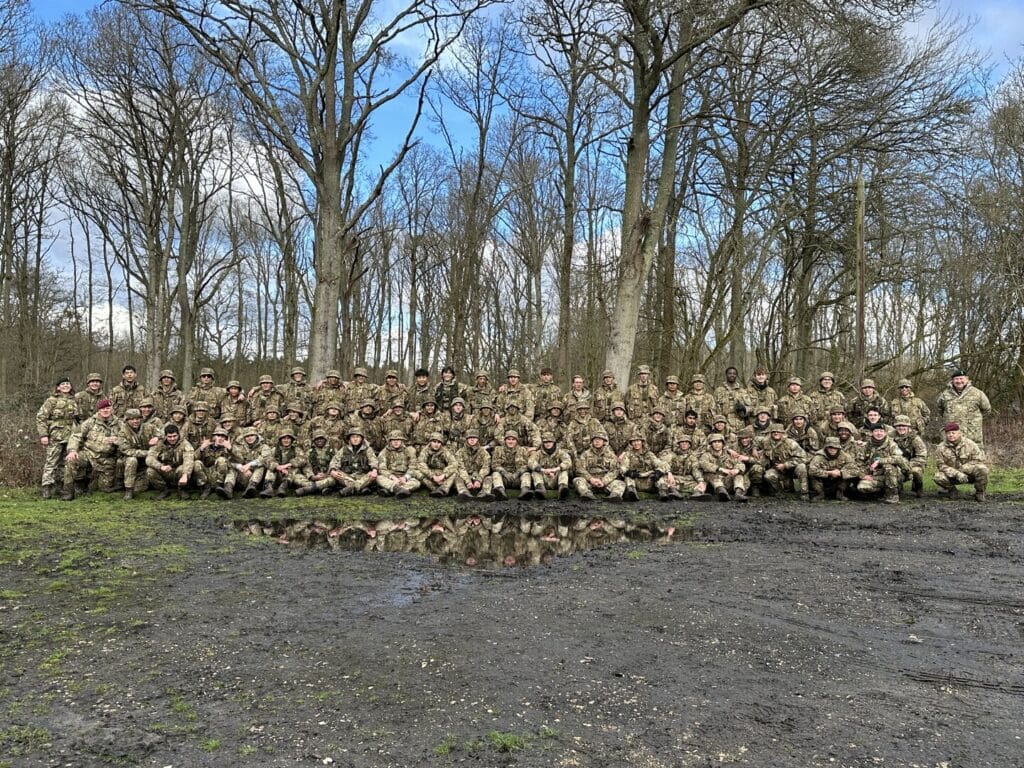Thursday 28th February
The Wellington Society had the pleasure of hosting Colonel Timothy Russell MBE, late the Royal Dragoon Guards. He has served in Northern Ireland, and more recently in Afghanistan as part of the International Security and Assistance Force (ISAF) Joint Command. He spoke mainly on his impressions of the conflict in Afghanistan, which he gained while he was deployed there. He began by providing an overview of the multitude of ethnic, tribal and geographical complexities which exist in the country. Part of the reason the war has been so difficult is because the causes of conflict in the south, which are often drug-related, are very different from the causes of conflict further North near the border with Pakistan. Colonel Russell explained how Afghanistan is not an isolated country, and the countries surrounding it, and in particular Pakistan, have an enormous effect on the stability of the region. For instance, during his time with ISAF, Colonel Russell helped to organise meetings between senior Pakistani and Afghan army officers, which he said were particularly revealing about the need for co-operation between the two countries. He then went on to provide a closer view of what a junior officer’s view of the conflict would be, showing the difficulty British soldiers face of distinguishing between different groups, as well as how the officer is involved in both the aggressive and more passive aspects of the war; from holding ‘shuras’ to find out about what the local population need and want, to co-ordinating air-strikes and artillery. Finally, in response to a question, he gave a brief outline of what the consequences of a perceived failure could be, where the regional government falls apart and local warlords and Taliban regain control from the Afghanistan security forces. In such a scenario, it is possible that the North of the country could secede from the South, along tribal lines, with a wilderness area in the central mountain region.
Tom Rawlinson (AW)



